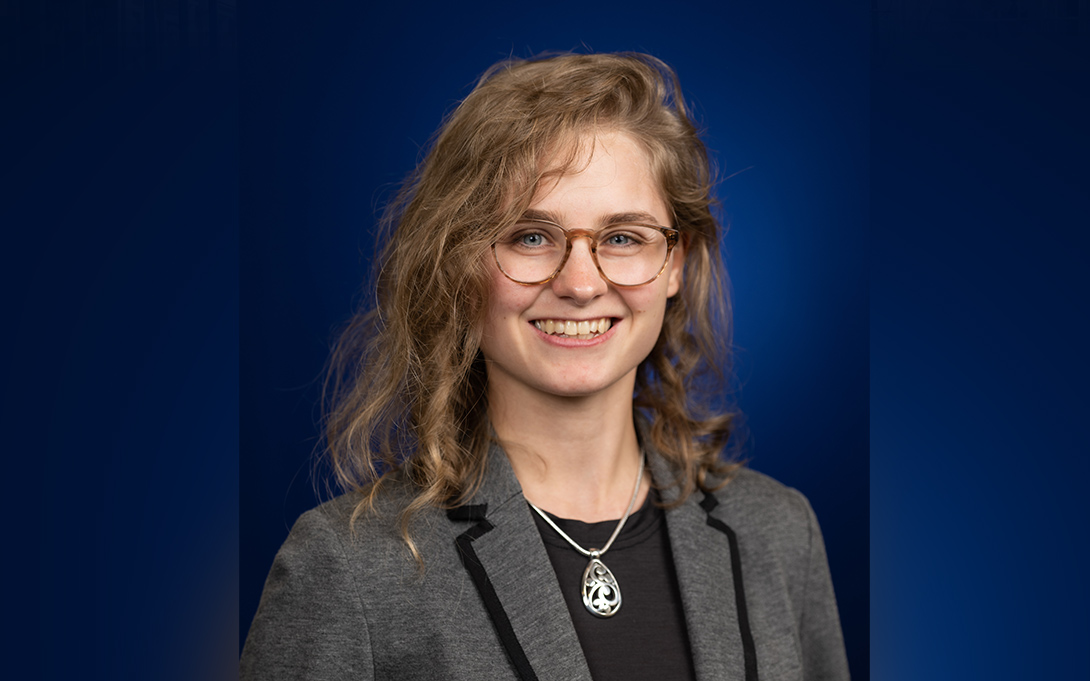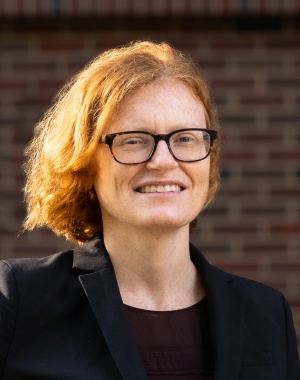
2022 Gerald R. Ford Presidential Fellow and Education Policy Initiative (EPI) Research Assistant Katie Hyland (MPP ‘24) is set to graduate this spring following the completion of her Master’s in Public Policy. She takes with her two years of hands-on experience working on high-profile early childhood research projects and new knowledge about evidence-based policymaking.
Hyland said she chose the Ford School because of its strengths in education policy research. “I want whatever work I do to impact how education works in the U.S. It’s something that shapes a person’s whole future and I just want to make sure it’s working in a way that allows people access to opportunities they might not otherwise have.”
Hyland was hired as a research assistant in her first year by EPI co-director Christina Weiland to work on a longitudinal study about the impacts of the Pre-K program. In this role, Hyland managed large datasets and used her quantitative skills to ensure accurate and high-quality analysis.
Weiland praised Hyland’s time at the research center. "During Katie's two years as an MPP, she made strong contributions to complex early education research projects in both Boston and Michigan. Working with her has been a privilege.”
Hyland also made meaningful contributions to an influential report about the rollout of universal PreK (UPK) in Michigan. She summarized district and state interviews to help the State Advisory group’s understanding of the national UPK landscape as they made decisions about the future of Michigan PreK, as well as analyzed administrative data.
Beyond her technical skillset, Hyland’s colleagues appreciated the way she seamlessly integrated into teams and contributed to the work environment. Annie Taylor, a senior project manager at EPI who worked closely with Hyland on both projects said, “Katie’s involvement in these two high-profile projects not only showcased her exceptional quantitative skills but also highlighted her adeptness in report writing. She quickly adapted to any changes we had to make during the projects and was incredibly consistent with her work quality even as projects shifted.”
Hyland said some of the things she learned while at EPI will be with her for the rest of her career. “Something I’ve learned from my mentors at EPI is the importance of always understanding the context, the emphasis on pairing quantitative analysis with qualitative work, and building relationships. It’s not just a matter of collecting data about people, it’s about being in service to them. It’s important to give the populations that we work with the attention and respect they deserve.”
With graduation just around the corner, Hyland is preparing for the next step in her journey. She is continuing her commitment to education policy research and will pursue a PhD in education policy and program evaluation at the Harvard Graduate School of Education.
Written by Traci Husse
